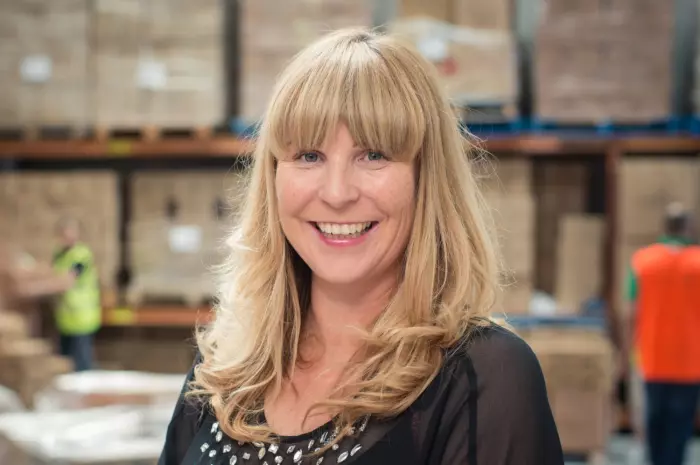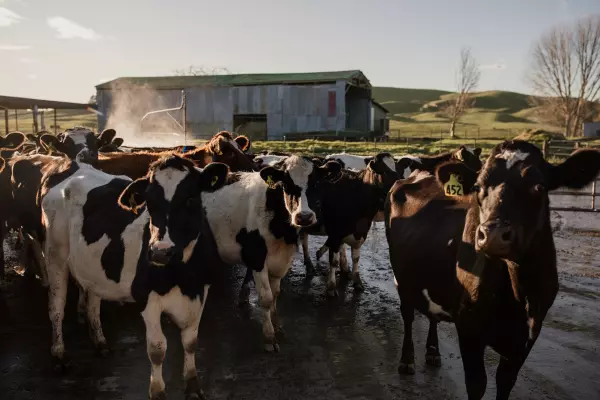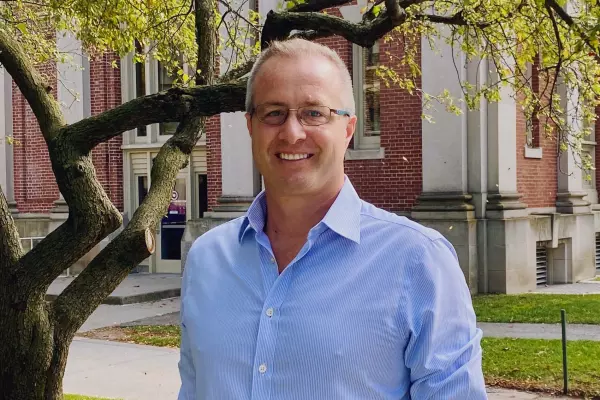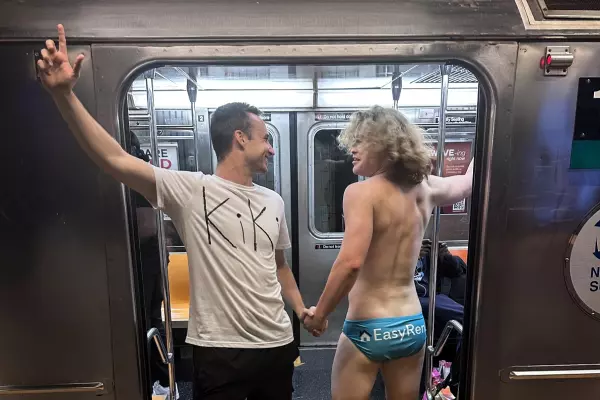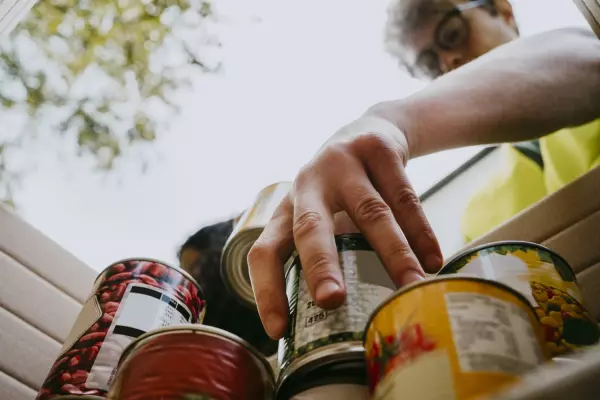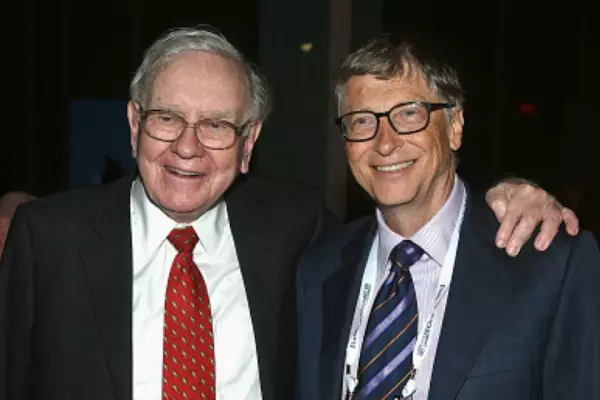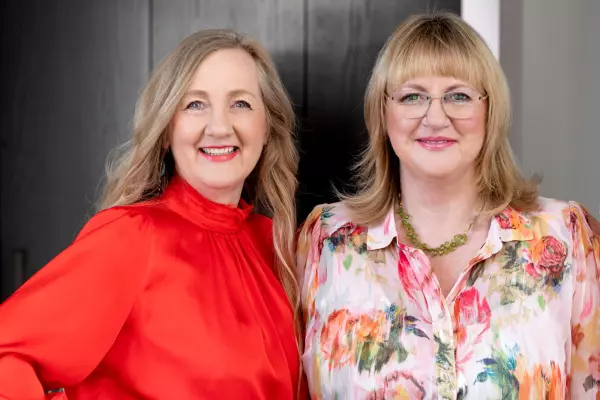Corporate support for charities has become more nuanced and has moved away from sponsorships to partnerships, an expert says.
Heather Newell is the executive officer of The Federation of New Zealand SeniorNet Societies, and an Upper Hutt City councillor.
Newell, who has worked in the charity sector for 30 years, says charities need to look beyond money in the bank, to get the best out of corporate sponsorship.
JBWere’s most recent Support Report says corporate giving totalled $571 million in 2019, with $429m of that coming through corporate CSR programs, and the rest pure donations.
Newell says people believe corporations are very generous when, in fact, the energy and effort needed to sustain a corporate sponsorship is high, while the rate of return on that is not that high.
The unconditional gift
For much less effort, a charity could make four or five times the income from a direct mail appeal than from corporate sponsorship, Newell says.
“To serve this sponsor who’s giving you maybe at best $80,000, you have to have regular meetings, there’ll be targets that you have to reach. So, the charity is always going to lean towards the unconditional gift.”
In the past five years, the word “sponsorship” had become something of a dirty word in the charity sector, Newell says. Instead, charities prefer the idea of a partnership.
“A partnership tends to be about when the non-profit sector and the corporate sector are working to fix some kind of problem, whereas a sponsorship implies that some money will be exchanged in return for branding awareness.”
Despite her caveats on corporate sponsorship, Newell says SeniorNet, which promotes computer literacy for older people, has built very positive corporate relations, particularly with Westpac and Google.
Westpac bank promoted SeniorNet via direct mail to their older customers.
“Now that’s just gold to us, worth more than the money they provide us, because we could never target 30,000 customers on our own,” Newell says.
SeniorNet was also able to work with the bank’s vulnerable customer team and identify people needing help with banking.
“These are not things that would be in the contract”, Newell says. “But because of our relationship, we’re able to do these kinds of things together.”
Westpac's Sept 2021 annual report said 0.57%, or $7.4m of its $1.29 billion pre-tax profits, went to community investment. It doesn't separate out cash donations, but includes matched giving, contributions of time, in-kind gifts and management costs. However, this excludes commercial sponsorships.
Social connections
A look through the annual reports of other NZ companies shows much of their community support goes beyond the money they give. This fits with Newell’s perspective.
“I would think that very few corporates are really interested in making donations,” she says.
For businesses, the social connections are just as important.
It helps that the type of people hired by corporations to work with charities tend to be supportive, Newell says. “They’ve got that job because they’ve got that type of bent.”
If any charity has worked out how best to work with corporations, KidsCan has.
KidsCan helps children affected by poverty, and provides food, clothing, shoes and health products. It has amassed a high-profile set of corporate supporters, and the electricity company, Meridian Energy, is the most important, so much so that Meridian’s general manager of development, Guy Waipara, is chair of the KidsCan board of trustees.
KidsCan raised $20.14m in the December 2020 financial year, and Meridian contributed $1m of that. Meridian said in its 2020 annual report that it gave KidsCan the money out of concern other funding sources would dry up during the covid lockdowns.
But cash is only part of the equation. Meridian is giving KidsCan two electric vehicles and a charging station, due in July.
KidsCan chief executive and founder Julie Chapman says corporate partners also contribute a lot of in-kind support, including discounted products and volunteer time. They give free media exposure, which helps raise more money.
“Last year, we received a record $7m of in-kind products and services, which benefit the children we support hugely,” she says.
ASB Bank donated 5000 warm jackets in 2020 and its staff volunteered more than 1850 hours distributing food. Tip Top Bakery donated more than 100,000 loaves of bread, and its staff also gave volunteer time.
Demand for KidsCan support is at an all-time high, Chapman says.
Newell says corporations have moved on from the 1980s and the idea that only shareholders’ interests matter.
“We have moved way past that. Most corporates, I think, fully recognise that they have a role to play in ensuring that the community is as healthy as it can possibly be.”
If corporations really want to help the community, they need to realise that charities by their nature have limited resources, she says. “And things don’t always work as quickly as the corporate might hope.”
An earlier version of this story had an incorrect figure for the amount of money KidsCan raised in 2020.


